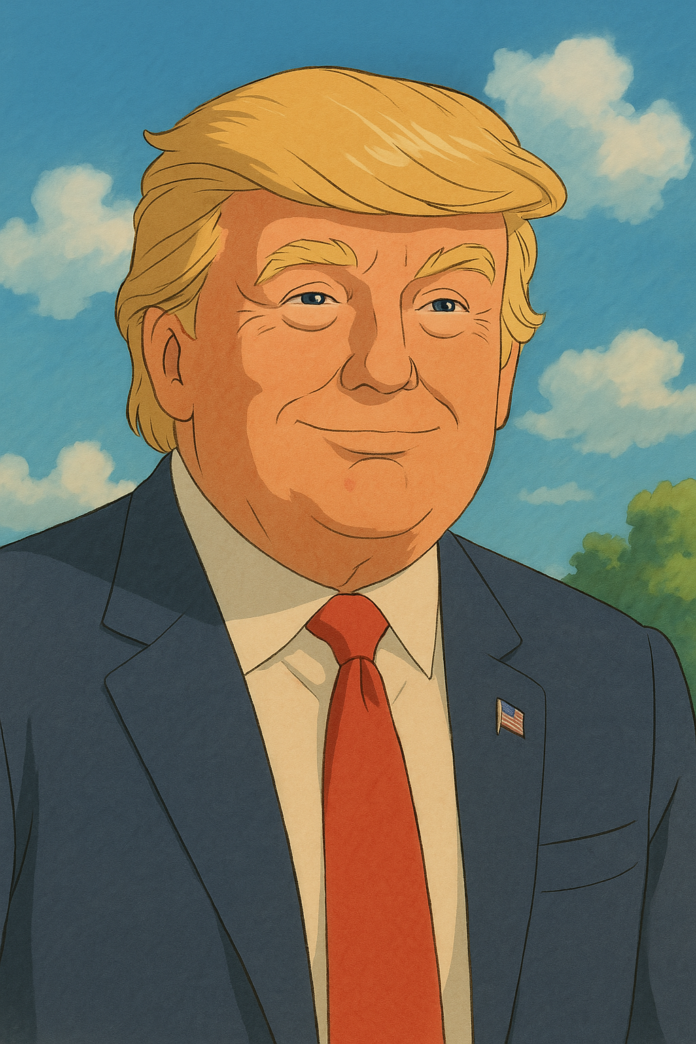Let this sink in: tariffs, which appeared to signal a new era of economic nationalism, will likely be diluted or quietly withdrawn in a matter of weeks. Not because of a change in political conviction, but because of pressure from the real decision-makers in America — its corporations and their lobbyists
In India, the term “lobbying” often carries a negative connotation — it is called corruption. In the United States, however, it is institutionalised. It is legal, formalised, and immensely powerful. Every major policy, from gun control to healthcare to trade, is shaped not by elected representatives, but by corporate interests acting through lobby groups.
Take, for instance, the National Rifle Association (NRA). Despite mass shootings and public outrage, the NRA has consistently blocked meaningful gun control legislation. It has often wielded more influence than the President himself. This isn’t an outlier. It is the norm. There are dozens of such groups with equally far-reaching influence across sectors.
The recent tariff escalation is now facing the same behind-the-scenes counterforce. Intense lobbying is already underway to reverse or at least dilute these trade measures. Why? Because American wealth is tied directly to its stock markets. The sharp decline in valuations, triggered by fears of a prolonged trade war, is threatening not just corporate earnings but household wealth.
Most Americans are invested in markets through retirement accounts and savings. Sudden declines in equity markets do not just hit billionaires — they shake the financial well-being of the middle class. And when enough people start losing money, the entire system begins to wobble. America runs on debt, and it runs on confidence. When confidence erodes, the risk of systemic collapse grows. The ghosts of 2008 and the fall of Lehman Brothers are still fresh.
The American economy, for all its strength, is vulnerable to sentiment. That is why corporate America cannot afford a prolonged tariff war. It is also why the rollback will begin — not as a concession to diplomacy, but as a safeguard to financial stability.
Even Donald Trump, who thrives in chaos and feeds off headlines, will have to give way. His political brand is built on the perception of strength, and that image suffers if markets bleed and ratings dip. In a society driven by appearances and approval metrics, no politician can afford sustained unpopularity. Behind the bluster, America’s policy is always shaped by the need to look good, stay strong, and above all, protect its economic engine.
So, what does this mean for the rest of the world — including India? It means that any immediate worries about long-term tariff impacts are likely misplaced. A new set of trade agreements will be forged soon. They will carry the optics of strength and negotiation but will, in effect, unwind much of what the tariffs set out to achieve. The global economy is too interconnected for endless retaliation. No country, not even the United States, can afford to impose tariffs on top of tariffs indefinitely.
China’s position is also critical. As one of the largest holders of American treasury bills, it has a vested interest in keeping the U.S. economy stable. A full-blown trade war would hurt both nations and destabilise the global financial system.
This is the reality of modern capitalism — not just in America, but increasingly everywhere. Policy is no longer solely about public interest. It is about balancing optics with corporate imperatives.
At The Wave Andaman, we believe in calling this out clearly. Because beneath every headline lies a network of influence, and in that network, the loudest voice often belongs not to the people, but to those who fund the system.





